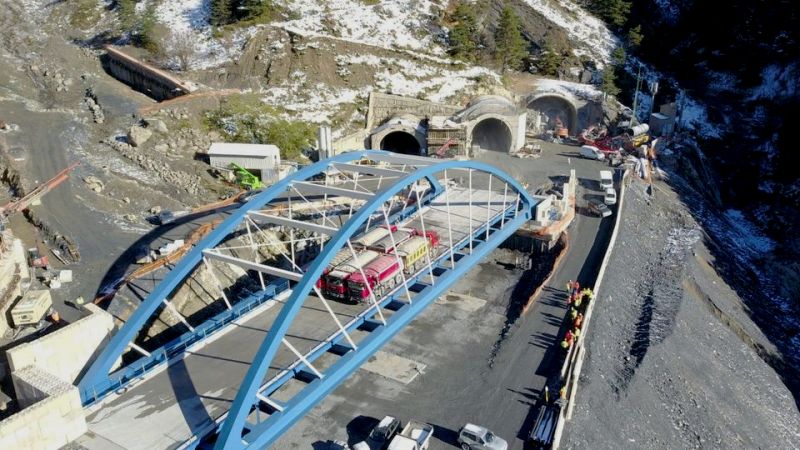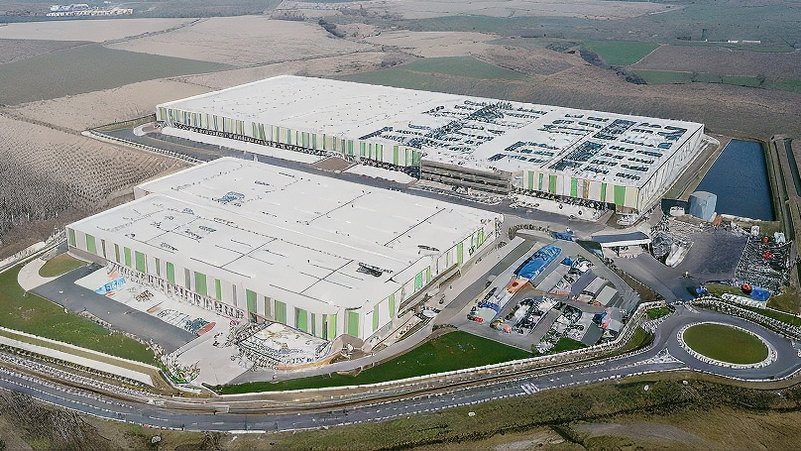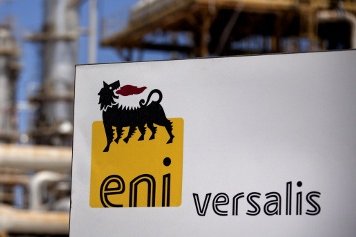On October 24, 2024, Gnv, the ferry company of the Msc Group, announced the delivery of Gnv Polaris, the first of four new ro-pax vessels under construction at the Guangzhou Shipyard International in China. The ship will soon set sail for Italy and will be operational in the Mediterranean by January 2025, marking an important milestone in the company's fleet renewal process.
The new ro-pax has been designed to strengthen the company’s routes, offering greater operational flexibility and more efficient management of seasonal peaks, particularly for the routes to Sicily and Sardinia. This fleet renewal involves not only the addition of new vessels but also the modernization of existing ships and the gradual phasing out of lower-performing units.
Polaris, built with a gross tonnage of approximately 46,000 tons, measures 218 meters in length and 29.60 meters in width and is capable of reaching a maximum speed of 25 knots. It features 239 cabins and offers a capacity for 1,500 passengers and 3,100 linear meters of garage space. Among its most innovative features are cold ironing systems, allowing it to connect to the shore power supply while docked. Additionally, the ro-pax is equipped with Exhaust Gas Cleaning Systems (EGCS) and Selective Catalytic Reduction (SCR) systems to meet IMO Tier III requirements.
Other energy efficiency elements include heat recycling technologies via turbo-alternators, the use of inverters to optimize the electric load of pumps and fans, LED lighting throughout the ship, and improved hull forms and propellers to minimize fuel consumption. Gnv Polaris is the first of four new ro-pax units that will join the Gnv fleet by 2026.
At the delivery ceremony, Matteo Catani, CEO of Gnv, stated: "The delivery of this vessel represents a moment of great importance for Gnv: it marks the first step in a fleet modernization project that will see us bring a high-quality offering to the market, positioning ourselves as an operator of excellence in the Mediterranean. Thanks to its high standards of energy efficiency and the ability to use cold ironing, this vessel also represents a crucial step in reducing the environmental impact of our operations."



































































